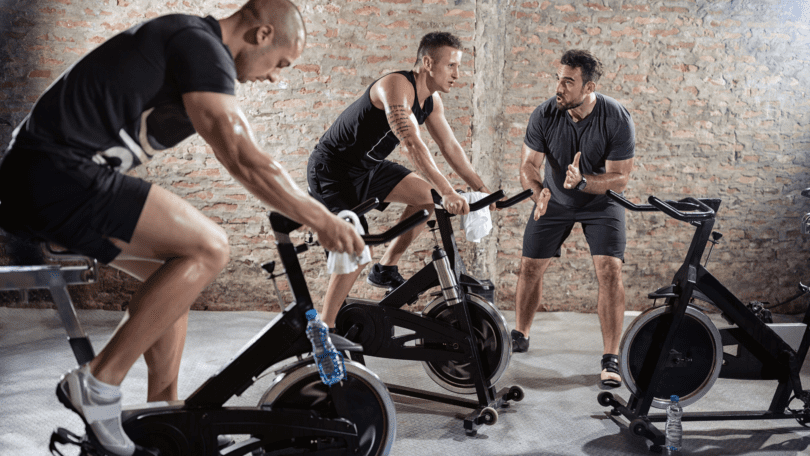Maxim A. Zapara (1), Elena N. Dudnik (1), Vlada G. Samartseva (1), Svetlana Yu. Kryzhanovskaya (1), Davide Susta (2), Oleg S. Glazachev (1)
(1) Department of Normal Physiology, I. M. Sechenov First Moscow State Medical University (Sechenov University) Moscow, Russia. (2) School of Health and Human Performance, Dublin City University, Dublin, Ireland
Copyright (C) 2020 by author(s) and Scientific Research Publishing Inc.
Abstract
Objective: The research was carried out to test the influence of adaptation to passive whole body hyperthermia (PH) on physical capacity and cardio-respiratory efficiency in men-amateur athletes under the testing load of increasing intensity in laboratory thermal-neutral conditions. Twenty-eight amateur athletes (males, mean age 20.2 Å} 2.1 y.o., game-based kinds of sports—football, handball, training experience—4 – 7 years) were randomized into two groups: experimental (14 people), who underwent 24 PH procedures, and control (14 people), who underwent 24 light training sessions in interval regime on elliptical gym apparatus. Results: Adaptation to PH was accompanied by moderate increase of aerobic efficiency and cardio-respiratory endurance in amateur athletes under thermally neutral conditions, while interval training in the control group showed no reliable changes in efficiency. Conclusion: A 10-week course of PH procedures leads to the increase of peak oxygen consumption, oxygen consumption at the level of anaerobic threshold, and heart efficiency (enhancement of oxygen pulse values), as well as efficiency of pulmonary ventilation and bronchial conductance, which we consider to be cross effects of adaptation to passive whole-body repetitive hyperthermia.

